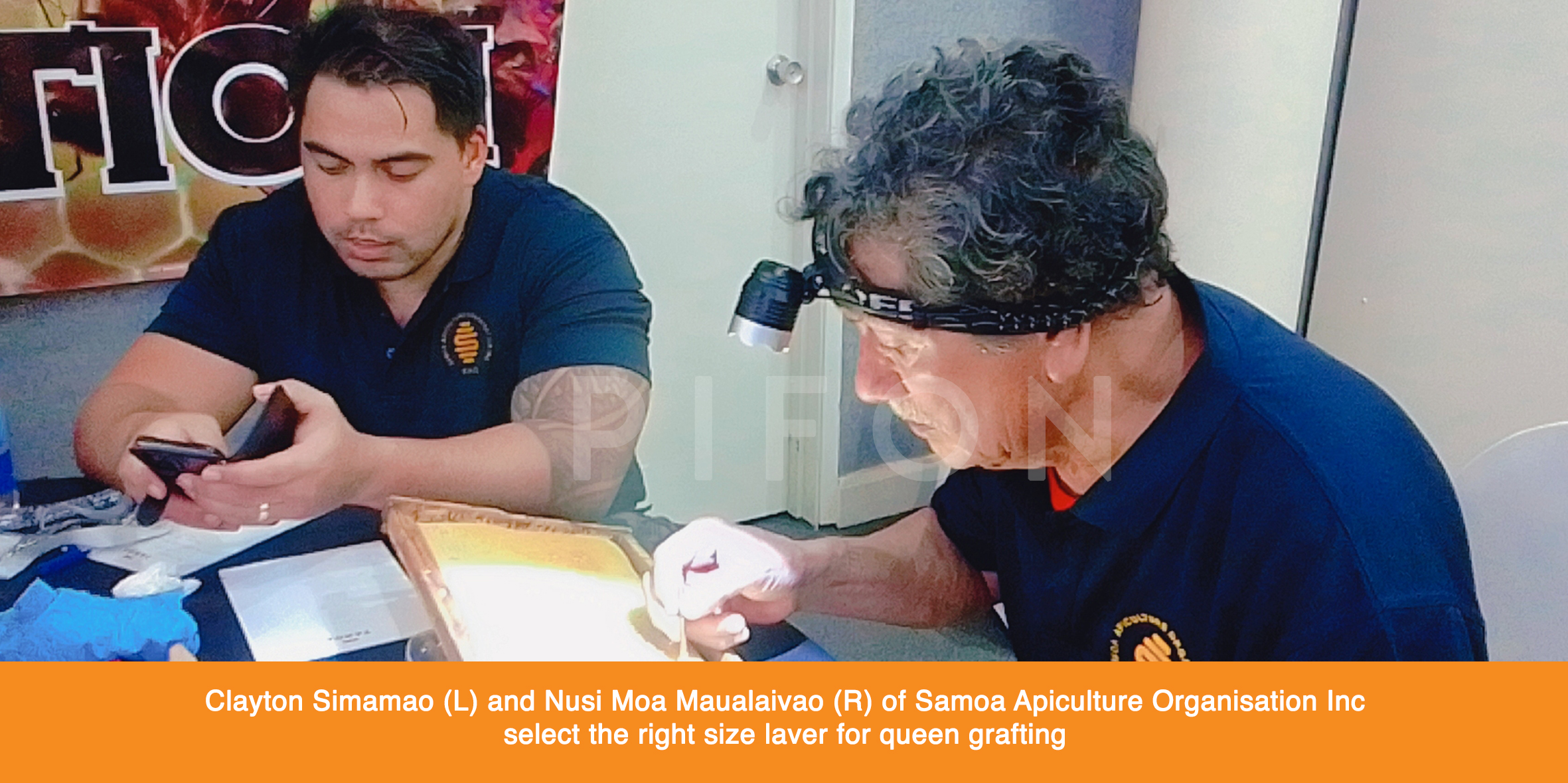M A Y 2 0 2 3
Monday 22
Nadi, Fiji – Beekeepers from across the Pacific are gathering in Fiji for the inaugural Pacific Beekeeping Congress. Organized by Southern Cross University (SCU), the congress will unite over 200 beekeepers from seven different Pacific Island countries, fostering knowledge sharing, networking, and the enhancement of beekeeping practices in the region.
The congress stems from a research project funded by the Australian Centre for International Agricultural Research (ACIAR), with the aim of improving productivity and profitability for smallholder beekeeping. Under the guidance of Dr Cooper Schouten from Southern Cross University, the project team developed the congress as a platform to disseminate valuable knowledge on a regional scale.
Dr Schouten expressed, “The project has successfully established best practices for managing pests and diseases, enhanced honeybee biosecurity, and introduced improved nutrition and genetics into Pacific beekeeping. The Congress provides a unique opportunity for Pacific beekeepers to share their experiences, build networks, and acquire practical skills and knowledge to implement within their industries.”
Dr Anna Okello, ACIAR Research Program Manager for Livestock Systems, emphasized the congress’s significance in addressing regional beekeeping issues, particularly the threats posed by biosecurity concerns such as the varroa mite and American foul brood.
“ACIAR’s funding supported Dr Schouten and his team at SCU to develop best-practice guidelines and bee management training materials, which can be applied to other Pacific countries facing similar bee-related challenges and conditions,” said Dr Okello. “By improving community-based control of diseases that hinder bee, honey, and other bee product production and trade, we directly benefit Australia’s food security and rural livelihoods. Our firsthand experience in Australia has shown the devastating impact of bee diseases, making it vital to enhance the region’s biosecurity capacity.”
The Congress will be delivered in collaboration with the European Union through the Farmers’ Organizations for Africa, Caribbean and Pacific Program, in partnership with the Pacific Farmer Organisation (PFO) and the Fiji Beekeepers Association. Ian Kennedy, the Project Coordinator for Pacific Farmer Organisations (PFO) and an organizing committee member for the congress, expressed the significance of this event, stating, “This congress is monumental in bringing together beekeepers throughout the Pacific. It combines discussions, roundtables on pressing and challenging issues faced by beekeepers, and fascinating hands-on workshops that are relevant to their craft.”
Kennedy further highlighted the unique advantages of beekeeping in the Pacific region, stating, “Despite having lower numbers of beehives and production compared to global standards, beekeeping in the Pacific region has demonstrated higher returns on time investment than any other crop or livestock production systems. Moreover, beekeeping plays a vital role in income smoothing, given the non-perishable nature of bee products.”
The Pacific Beekeeping Congress promises to be a transformative gathering that will foster collaboration, innovation, and knowledge exchange among beekeepers in the Pacific region. By strengthening beekeeping practices and addressing crucial challenges, the congress aims to positively impact food security, rural livelihoods, and the sustainable development of the Pacific beekeeping industry.
Congress participants include beekeepers, government and industry representatives from Papua New Guinea, Fiji, Samoa, Tonga, Vanuatu, Solomon Islands, New Caledonia, Wallis and Futuna, Cook Islands, New Zealand, and Australia.
The four-year project is led by Southern Cross University, working in collaboration with the PNG National Department of Agriculture and Livestock, PNG Coffee Industry Corporation, Fiji Ministry of Agriculture, Fiji Beekeepers Association and Biosecurity Authority of Fiji.

